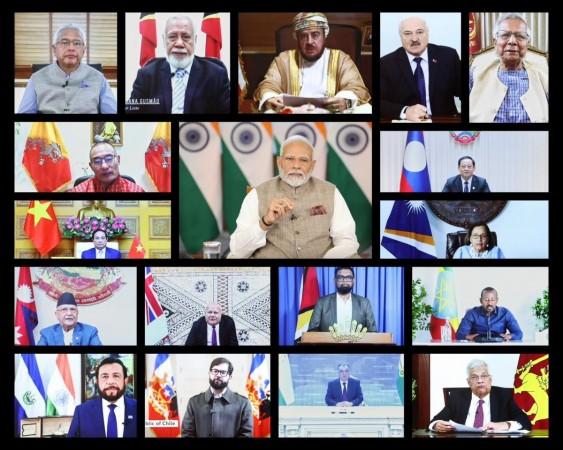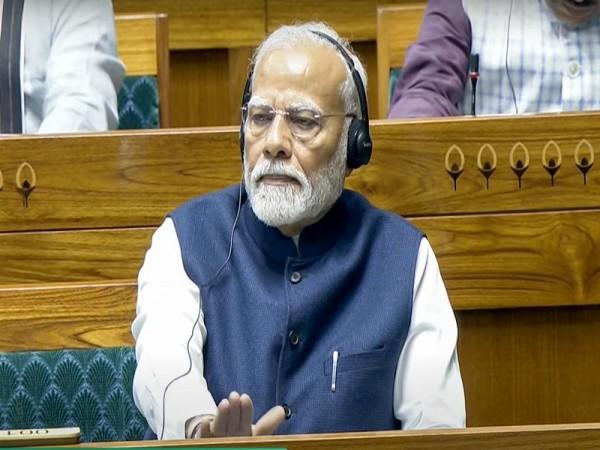
In a world grappling with geopolitical conflicts, climate change, and a myriad of security concerns, Indian Prime Minister Narendra Modi has called for unity among the countries of the Global South.
Speaking at the Inaugural Session of the Voice of Global South Summit 3.0, hosted virtually by India, Modi emphasized the need for these nations to stand together and become each other's strength.
This call for unity echoes historical instances where nations have come together to address common challenges, such as the formation of the Non-Aligned Movement during the Cold War, which sought to create an independent path for states in a world divided by two major powers.
Modi's call for unity comes at a time when the world is facing not only the challenges of climate change but also concerns about health security, food security, and energy security. The Prime Minister pointed out that the technology divide and new economic and social challenges related to technology are emerging.
This situation is reminiscent of the digital divide that became apparent with the advent of the internet, where access to and use of information and communication technologies became a significant factor in economic and social development.
The Prime Minister also highlighted the need to tackle the challenges created by war situations and climate change for the development journey. He noted that terrorism, extremism, and separatism remain serious threats to societies. This echoes the sentiments expressed by many world leaders in the wake of the 9/11 attacks and the subsequent global war on terror.

Modi criticized the global governance and financial institutions created in the last century, stating that they have been unable to meet the challenges of this century. This critique is not new; similar sentiments have been expressed in the past, particularly in the aftermath of the 2008 global financial crisis, which exposed the weaknesses of the existing financial system.
Narendra Modi also emphasized the need to give recognition to two-thirds of humanity and learn from each other's experiences. He stated that India is committed to sharing its experiences and capabilities with all the countries of the Global South. This commitment is reminiscent of India's historical role as a leader among developing countries, particularly during the decolonization period when it championed the cause of the newly independent nations.
In 2022, when India took over the G20 presidency, it resolved to give a new structure to the G20. The Voice of Global South Summit became a platform where problems and priorities related to development were openly discussed. India prepared the G20 agenda based on the hopes, aspirations, and priorities of the Global South.

This approach is reminiscent of the G77 group's efforts within the United Nations, which seeks to promote the economic interests of the Global South. Modi also highlighted achievements during India's G20 presidency, such as the historic moment when the African Union received permanent membership of the G20. This move can be seen as part of a broader trend towards greater representation of developing countries in global governance structures, a cause that has been championed by many leaders and scholars from the Global South.
Prime Minister Modi's call for unity among the countries of the Global South and his critique of existing global institutions reflect longstanding concerns about the global order's ability to address the needs and aspirations of the world's majority. His emphasis on shared challenges and mutual learning also underscores the importance of cooperation and solidarity in a world marked by uncertainty and change.
As the world moves towards 2035, the vision and leadership of countries like India will be crucial in shaping a more equitable and sustainable global order.

















